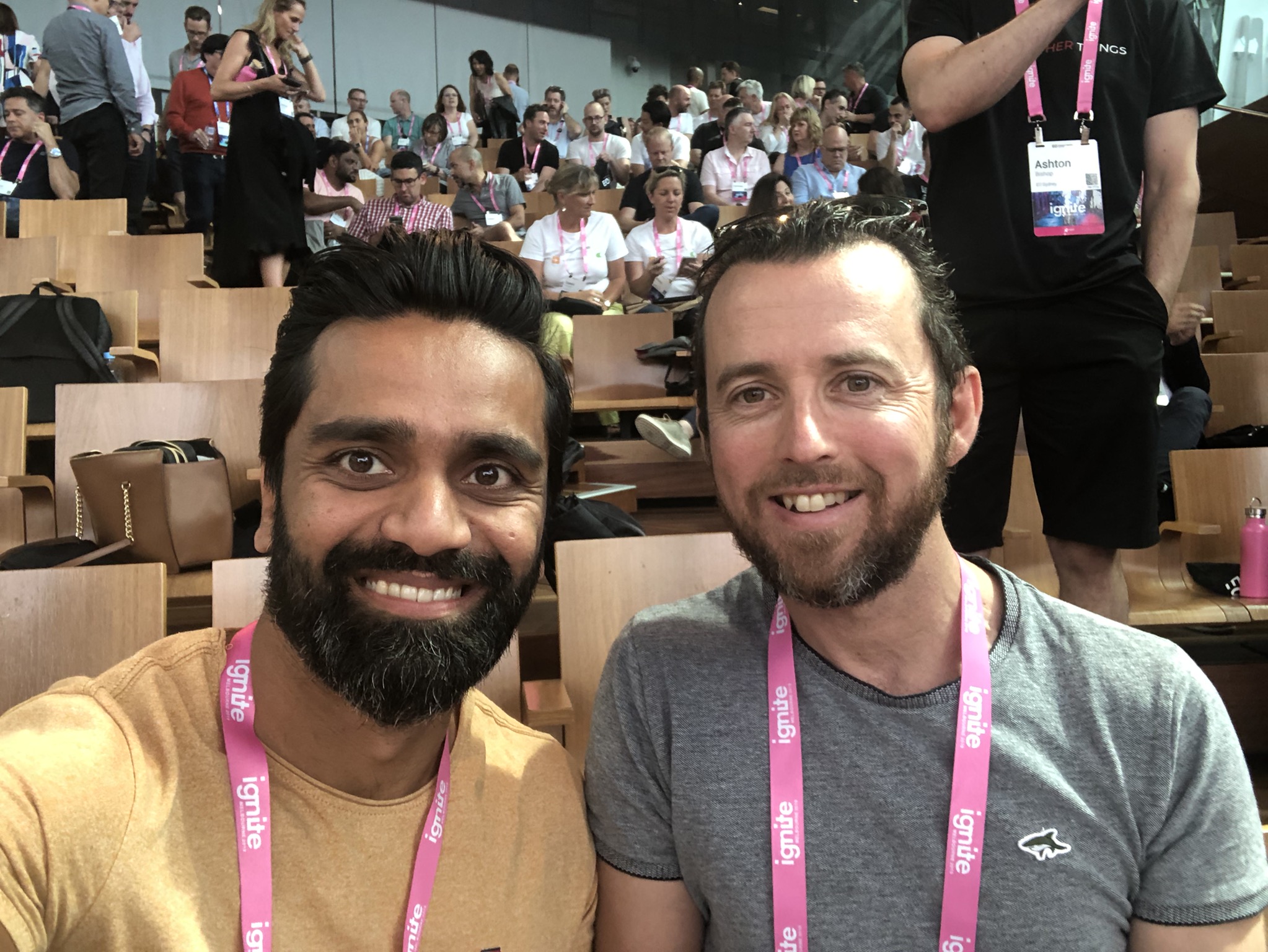The rat race we live in leaves us no time for one of the most important aspects of life – making time for ourselves. This is even more difficult with the whole world currently in isolation. The constant turning wheel of life ensures that we’re spinning faster and faster to try to achieve more each day.
We eat too much, we drink too much, we sleep too little, we stare at light (illuminated screens), and for many – the best exercise they get is walking from their desk to the toilet. Then, we wake up one morning and realise we’re so unhealthy that we would be ashamed to tell our children how we got here. Why is it that it takes us to arrive to near breaking point to realise that we can’t even go up five flights of stairs without being short of breath? Why can’t we control ourselves to only have the amount of food that our body needs and not overeat? What makes us put poison (alcohol) in our bodies until our bodies can’t handle it anymore? Health is what I consider the third most important ‘chase’ of human kind. We are always after better health yet we often can’t make the right choices to get there.
We know what being healthy and eating healthy is, we just willingly choose to make the wrong decisions. The era that we currently live in makes it more expensive and more time consuming to cook healthy food. It is easier than ever to eat fast food; it’s more accessible, relatively cheap, and the worst thing is it’s more addictive than ever. It is no wonder that with 4.5 million Australians buying fast food every day, that over 65 per cent of our nations population is overweight or obese (Futurefood).
In order to change our unhealthy behaviours and start living a better lifestyle, we need to understand the importance of what goes into our body. After all, what we consume will directly translate to the reflection in the mirror (and just as importantly – how we feel!). Consuming food mindfully will help determine where the problem lies. We must take control of what we eat. When I got serious about what I put into my body, I went through periods of gaining weight (intentionally to put on muscle) and losing weight (to lose body fat). I follow a simple regime which helps me achieve my goals.

Taking responsibility. Four years ago I had the opposite problem to everybody else – I was underweight. I was 65kg, feeling quite weak and no matter how much I ate, nothing made a difference. Appetite wasn’t a problem, I’d take more serves than everybody else and could easily (okay, maybe not easily, but I did) eat a whole chicken at Nando’s.
There came a point where I decided that I did not want to look and feel the way I did and I wanted to change my behaviour. No one else was responsible for the way I looked – I took full ownership of my life. Supermarkets, pubs, restaurants, and takeaway outlets were not responsible for what I saw in the mirror, it was (and still is) me! I could blame everything else, but in the end, the result would be the same. I had to make a promise to myself to change myself through my actions. My habits determined my results.
Being Accountable. The only real way to understand the problem, was to examine what I ate in a typical week. I started by counting calories. I recorded everything I consumed in MyFitnessPal including: snacks, water, fruit, meals, coffees, and everything else. I soon realised that my eating habits were terrible, I thought I was consuming lots of calories but I wasn’t. I was eating big meals, but only 4 to 6 of those a week. The rest were hunger suppressing meals (snacks, milk drinks, etc.). I was rarely having breakfast – often walking out of the house with just a coffee and a slice of toast. After 2 weeks of recording my calories, I realised my average daily intake was about 2000 to 2200 calories, which coincided with how much a human body burns on a daily basis with little or no exercise. It was no wonder, I couldn’t put on any weight! For someone with my metabolism, eating consistent ‘good’ calorie meals was key. I started eating 3000 calories per day (without fail) as a test; and sure enough my weight started to increase.
Eating most meals well. I love food! I didn’t want to be ‘army regimented’ and still wanted to enjoy my eating life! I am all for simplicity and a diet that is easy to follow. I tried lots of things including counting macros, meal plans and various charts but sticking to my 17/4 routine has worked best for me. There are 21 meals in a week (three times a day, seven days a week). If 17 of those meals are healthy meals and four are ‘cheat’ meals, then I know I am eating the correct amount of calories. This simplified approach helped me change my mindset to plan my cheat meals rather than my healthy meals. I was always focused towards cheat meals more than the regular meals, as those were now the ‘norm’.

Organisation is key. Benjamin Franklin died 230 years ago but even today his incredible time management skills continue to inspire millions around the world. Hundreds of time management techniques are based on simple organisational methods he used while he was president. He was once quoted as saying, “For every minute spent organising, an hour is earned”. This can be applied to every task you perform.
If you simply understand and organise what you eat, it will be easy to stick to, to maintain your new diet. Take my experience of losing body fat as an example. After noting what I was eating and what I needed to consume to reach my goal; I simply wrote down combinations of foods I needed to eat more of and what I needed to avoid. I needed more protein rich foods (beef, lamb, beans, eggs, multigrain bread etc.) along with any form of salad and to avoid carbohydrate loaded meals at nighttime.
To avoid launching into a fully regimented diet, I changed only a single habit for the first week – breakfast. I didn’t really worry about the other meals too much. I just ensured that the breakfast I was having consisted of healthy low-GI food. Three weeks after my new breakfast habits became the norm, I focused on lunch and so on. My previous ‘all or nothing’ approach (eating all three meals perfectly) was not effective, as I got caught up in eating out with friends, work colleagues, and family. Organising my approach to changing one habit every three weeks, allowed me to settle into it until it became second nature. In the end, I was still feeding my soul with all the indulgent foods I needed by planning my good meals around my ‘cheat’ ones.
For every minute spent organising, an hour is earned
Benjamin Franklin
Healthy choices compound. I believe good choices compound over time. If we resist going back to an old habit once, we’re better equipped for dealing with the temptation next time.
I used to be a smoker and the way I gave up was by resisting the urge to smoke just once per day– skipping just one cigarette a day for a week. I then resisted smoking twice in the day, then three times – and in a month’s time I felt I was easily saying no. Six weeks later I was totally cigarette free. That was over 10 years ago. Resisting the temptation helps strengthen our mind.
My goal changed from gaining weight to losing fat about every 3 to 6 months when I had had enough of each habit to ensure I was never stagnant. Each time I changed (after seeing noticeable results), I had to switch my attitude and as a result my willpower got stronger and stronger. I can now switch from one habit to another with ease and leave the old habit behind.
The benefits of eating healthy will last a lifetime. There is no better time to start giving our bodies what it needs to live the best life possible, than now.






